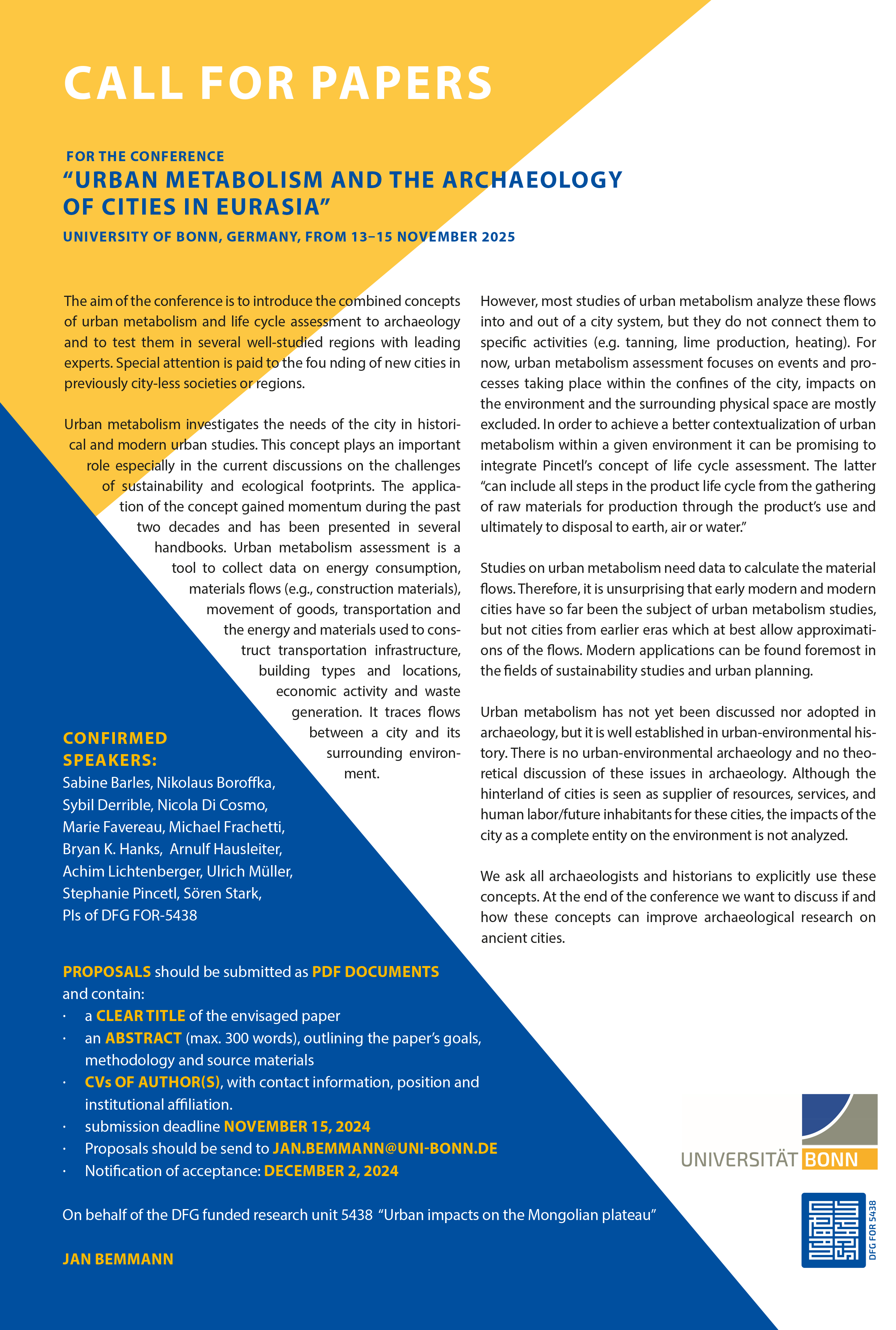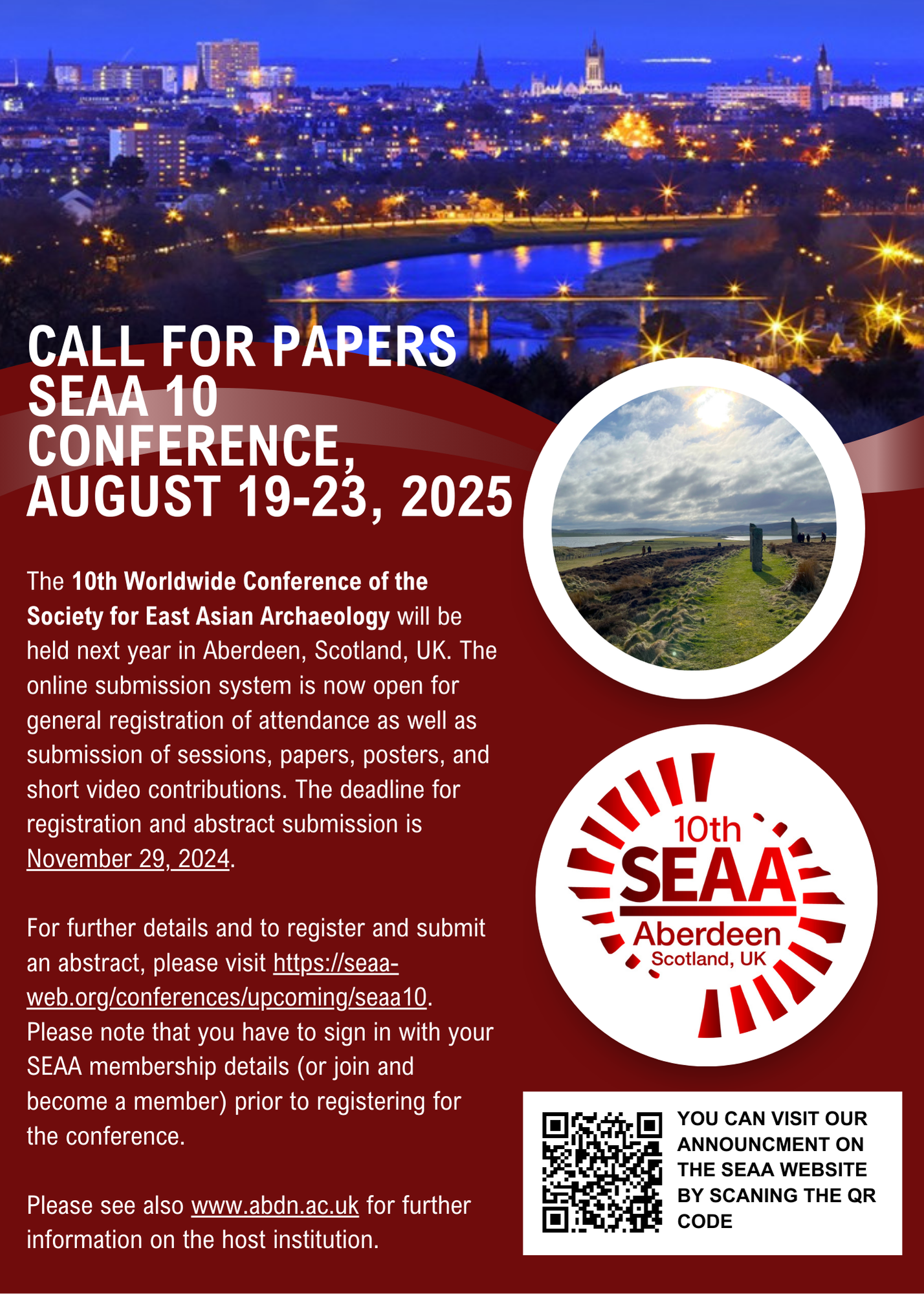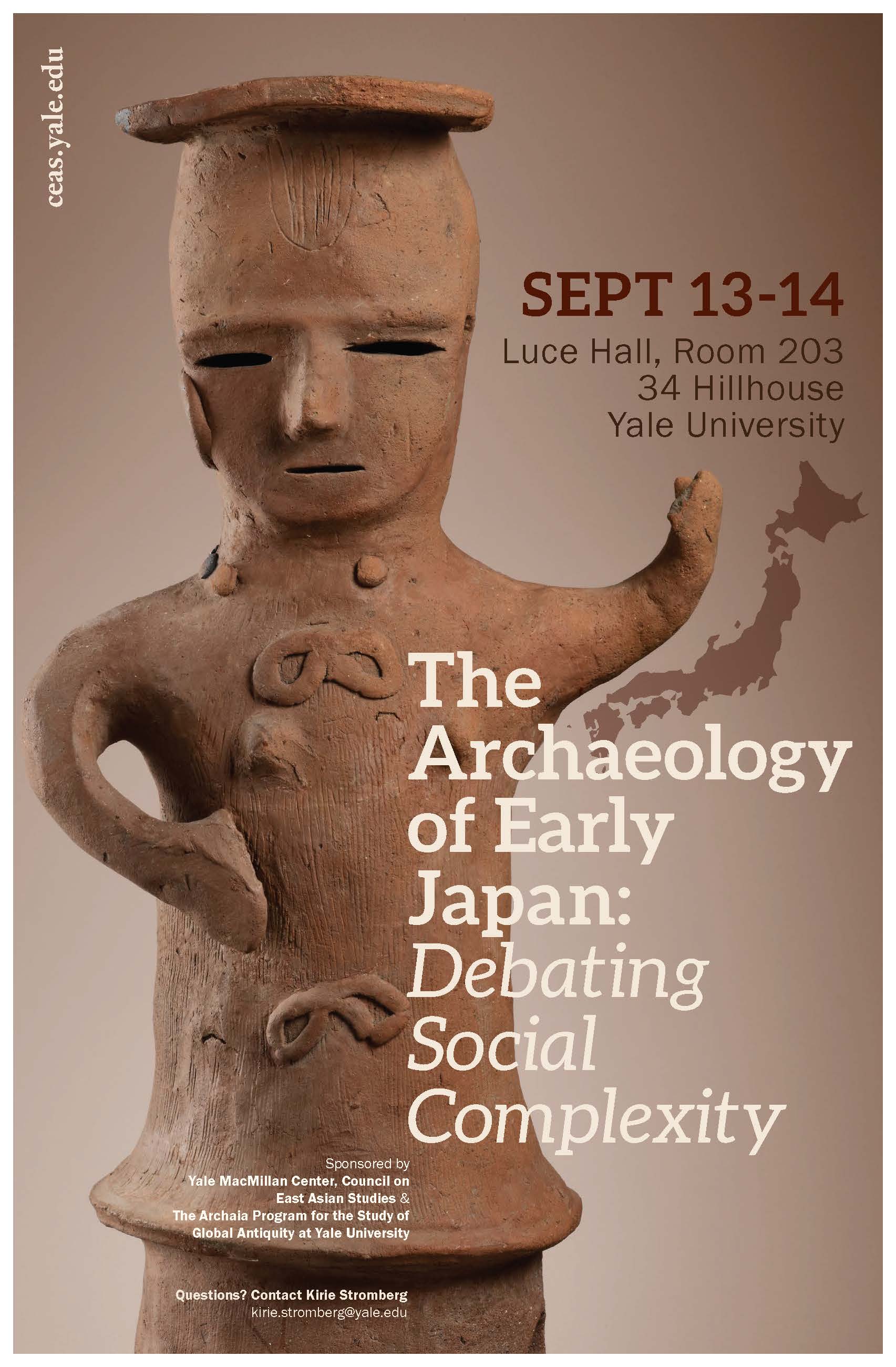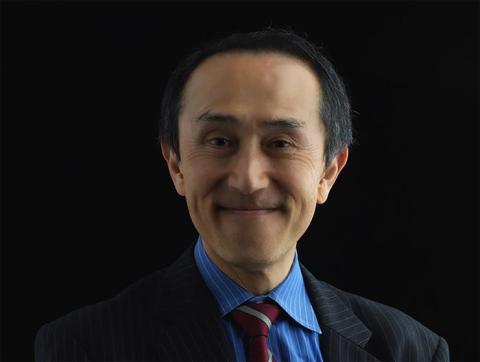The Hebrew University of Jerusalem invites applications for a tenure-track position (open rank) in the Department of Asian Studies, with a specialization in Premodern China. We are interested in researchers who specialize in aspects of premodern China (pre-1800) in its broadest meaning, including (but not confined to) political and intellectual history, traditional literature and arts, material culture and archeology, economic and institutional history, religions in China, and so forth. The researcher’s ability to connect between premodern and modern and current Chinese history or analyze Chinese history from a broader comparative perspective will be considered an additional advantage.
SEAA News Blog
New fieldwork or research discoveries? Upcoming conference or workshop? New job opening or fellowship posting? New book?
Share the latest news of your work with your colleagues, advertise for job or fellowship openings, find participants for your conference session and more on the SEAA blog.
Guidelines: All posts should be related in some way to East Asian Archaeology. When writing your post, please use capital letters for surnames. Original script (Chinese, Korean, Japanese) for East Asian place names, personal names, or archaeological terms is encouraged. For the transcription of East Asian language terms, Pinyin for Chinese, Hepburn for Japanese, and the Korean Government System (2000) for Korean is encouraged.
Contributions should be limited to around 500 words and 1-2 images. For longer descriptions of your projects, you may consider the Reports section of the Bulletin (BSEAA).
Members can submit their news posts to the SEAA web editor via the website (see SEAA Members' Area for details and instructions on blog submissions) or via email. Non-member contributions are also welcome and may be submitted via email to the SEAA web editor.
The editor(s) reserves the right to carry out minor editing, or to decline contributions inappropriate to the objectives of SEAA.
An abbreviated schedule for SEAA10 is now available on our website. You can download the PDF or access it via our website, see post for further details
The American School of Prehistoric Research (ASPR), which supports research and education in Old World prehistory, is pleased to announce the application deadline for 2025 ASPR Junior Fellowships: postdoctoral research fellowships at Harvard University for recent PhDs who are pursuing independent research on Old World prehistory.
The Esherick-Ye Foundation (note our new name) is pleased to announce its seventh annual competition for small grants of up to $6,000 to support projects in modern Chinese economic, social, and political history or in archaeology.
Thank you for your patience as we have been working diligently to complete our online registration and submission center for SEAA10, graciously hosted by the University of Aberdeen. We are pleased to inform you that you may now register for SEAA membership, register for SEAA10, and submit proposals for your research papers, posters, short films, and organized sessions all online. Registration will be open from now until November 29th. Feel free to use the image provided below to promote SEAA10.
You can find additional details regarding the conference and the call for papers here: https://seaa-web.org/conferences/upcoming/seaa10
The Esherick-Ye Foundation's mission is to support the next generation of China Scholars. Applications for the 2025 Fellowship will soon be available on their website, https://www.esherick-yefoundation.org/
On Behalf of the Council on East Asian Studies and the Archaia Program for the Study of Global Antiquity at Yale University:
Join scholars from across Japan, Europe, and North America for an exciting two-day conference, "The Archaeology of Early Japan: Debating Social Complexity." An in person event, coffee, lunch, light refreshments will be provided. Please register at the following link to attend: https://ceas.yale.edu/archaeology-early-japan-debating-social-complexity[/html]
The Board of the European Association for Asian Art and Archaeology (EAAA) is pleased to announce a call for papers for the 4th EAAA Conference to be held at the School of Arts and Humanities – University of Lisbon (Portugal) between 8 and 13 September 2025. The 4th Conference is jointly organised by the European Association for Asian Art and Archaeology (EAAA), the UNIARQ – Centre for Archaeology (School of Arts and Humanities), the CH-ULisboa – Centre for History of the University of Lisbon, ARTIS-Institute of Art History and ACN-Asia Collections Network.
Our long-term member, Professor Koji Mizoguchi, was recently elected as an International Fellow of the British Academy.
Koji Mizoguchi is the Professor of Archaeology at Kyushu University's Faculty of Social and Cultural Studies. He is the first Japanese archaeologist and the first researcher from Kyushu University to receive this honour. Over the past decades as a social archaeologist, Mizoguchi has analysed materials such as artefacts, architecture, and human remains to reconstruct how people lived, interacted, and organised their societies. His work aims to uncover the stories behind historical artefacts and experiences, understanding how knowledge is produced and its impact on both past and present societies.
To know more about the full news release and Professor Koji Mizoguchi's research, please visit:
https://www.thebritishacademy.ac.uk/news/the-british-academy-welcomes-86...
https://www.kyushu-u.ac.jp/en/topics/view/580
https://hyoka.ofc.kyushu-u.ac.jp/search/details/K001760/english.html




